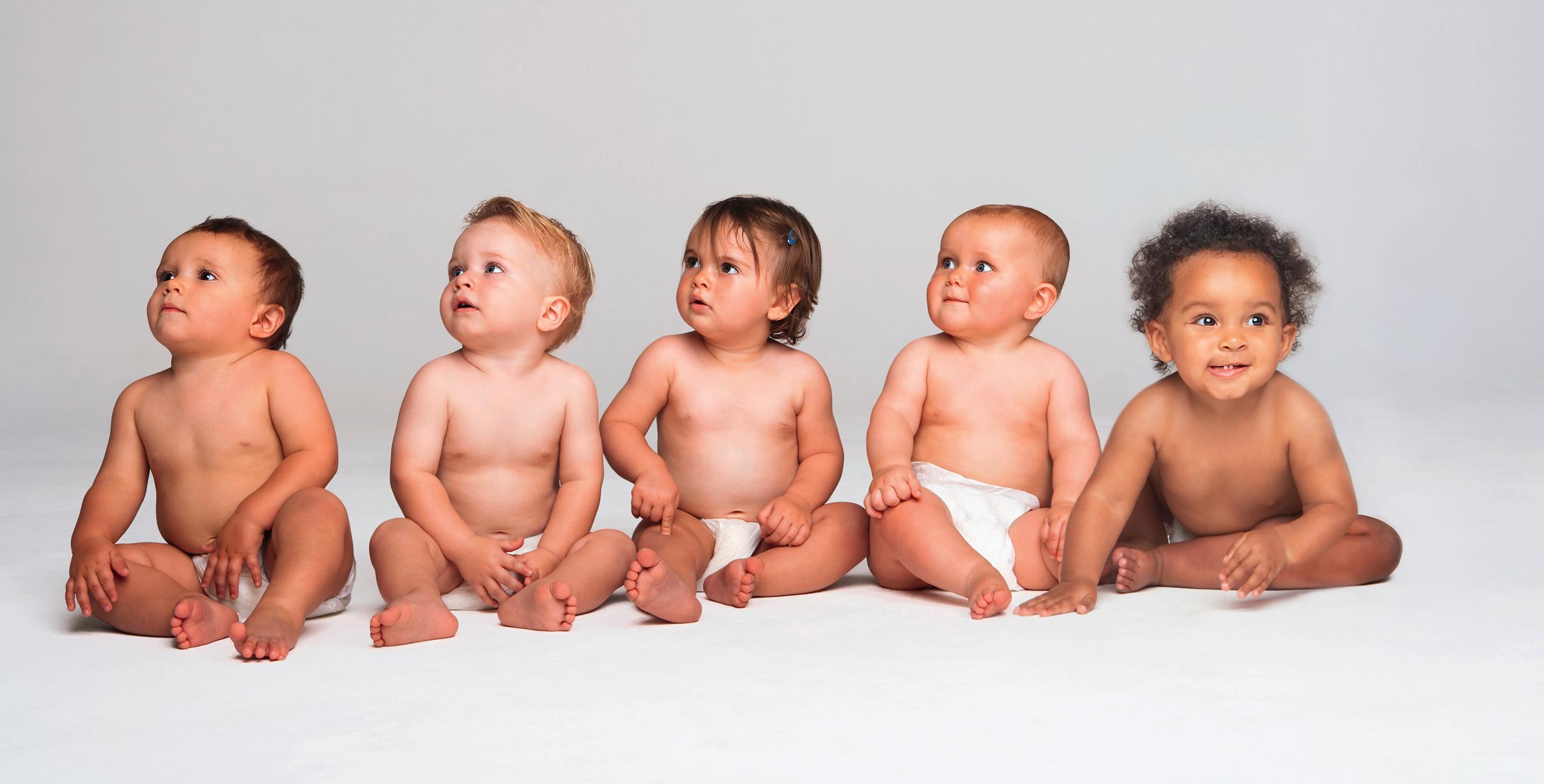
1 minute read
Getting you thinking
Objectives
46 member states Democracy
Human rights
The rule of law
27
Member States
To promote peace and the well-being of EU citizens.
To offer EU citizens freedom, security and justice, without internal borders.
To work towards the sustainable development of Europe, promoting equality and social justice.
To establish an economic union, with the euro as its currency.

1 All the information above refers to the European Union or the Council of Europe. Work out which are which.
The Council of Europe
The Council of Europe was founded after the Second World War. It aims to protect democracy, human rights and the rule of law. Most European countries are members. The UK is currently a member.
It created The European Convention on Human Rights.
What does it do?
You learned about this on pages 30 and 31. The European Court of Human Rights (ECHR) in Strasbourg deals with cases brought by individuals, groups or states who believe their rights have been infringed.
No member state has the death penalty.
The Council of Europe monitors democracy, human rights and the rule of law in member countries and recommends changes when necessary. Here are some examples of its activities.
Advocates freedom of expression and of the media, freedom of assembly, equality and the protection of minorities.
Campaigns on issues such as child protection, online hate speech, and the rights of the Roma, Europe’s largest minority.
Helps member states fight corruption and terrorism and undertake necessary judicial reforms.
Promotes human rights through international conventions, such as the Convention on Preventing and Combating Violence against Women and Domestic Violence and the Convention on Cybercrime.






